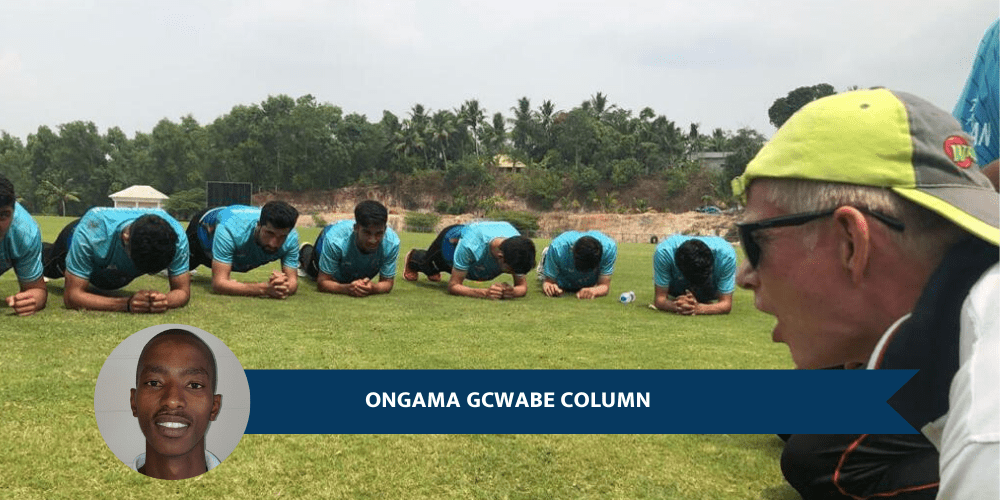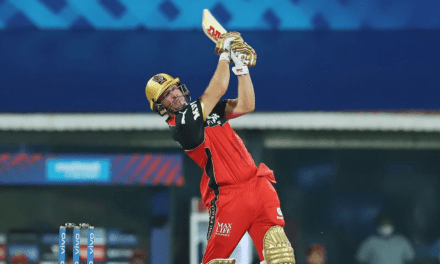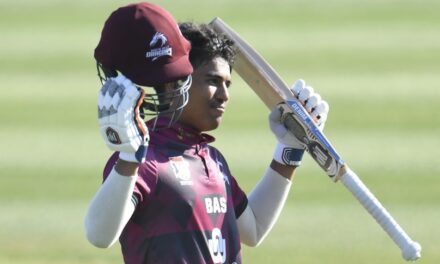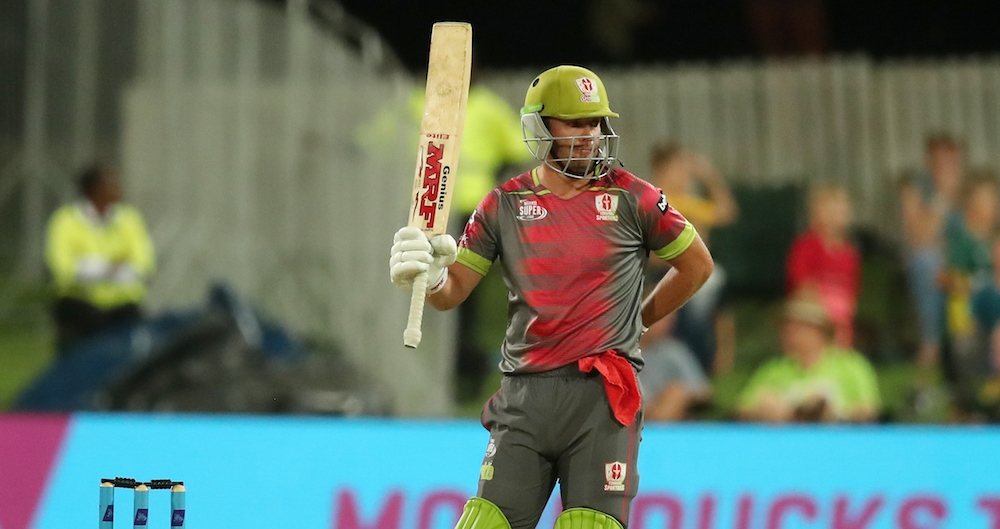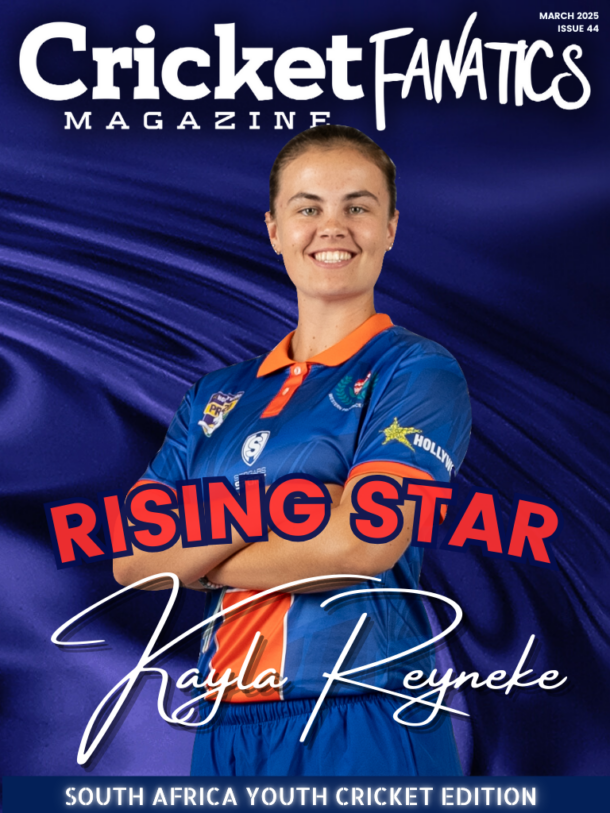Mental coaches are often the difference between unsuccessful and successful sports and corporate teams. Renowned Sports Psychologist, Adrian McInman could bring us the success we desperately need, writes Ongama Gcwabe.
The mental side of the game is a topic we have recently explored quite a few times at Cricket Fanatics Magazine.
Legends like Vincent Barnes, Ashwell Prince, Faiek Davids and now Proteas player Aiden Markram have all recognized a cricketer’s mentality to be the deciding factor between ordinary and ‘next-level’ performers.
The successful All Blacks team under captain Richie McCaw received all the praise partly because of the work Gilbert Enoka and Owen Eastwood did with that team.
Recognizing a clear identity crisis and mental failures at crucial moments, Enoka and Eastwood took it upon themselves to invest more in the mental side of the All Blacks team. They went on a mission to get better mentally.
That team is now one of the most successful All Blacks teams, if not the most successful in world rugby.
The question is: Why is it important to have mental coaches in sport?
“It’s not. Did my answer surprise you?
“What’s needed is not mental coaches, but rather, we need really good mental coaches. Anyone can be a mental coach. Sports coaches oftentimes believe they are also mental coaches,” said McInman in an exclusive interview with Cricket Fanatics Magazine.
“What is needed is someone who can produce a positive result that is more than just a placebo. That is not easy.”
I am in favor of having sports psychologists more involved in the game. Especially after the way we performed in Test cricket last summer. Continuous failure to show fight and mental strength as a unit is a red flag the Proteas management have surely identified.
A mental coach might be a solution to our problems. But as South Africans, we have a problem of being too proud. We don’t seek help. We want to do everything on our own.
Faf du Plessis mentioned this last season after a walloping by India in India.
“I think it’s something that we need to address, not just as the Proteas,” he said.
“For me it’s pretty obvious that there are shortcomings in that department and I think it was obvious from the way we played the last Test match [3rd Test vs India 2019].
“How can we as a Proteas team get stronger mentally? What do we need to do?
“Myself, Enoch (Nkwe, interim team director at the time) and Corrie (Van Zyl, acting director of cricket at the time) have been looking at if there is a person we can get involved to try and help in that department.
“I also believe it is important for players under the Proteas to go through the same thing so that when you get to that level you can perform in a high-pressure environment.
“There is no hiding from the fact that in World Cups we are not where we need to be. It’s not because our players aren’t good enough.
“We have the players in this country to win a World Cup. For me it’s about addressing how we get mentally tougher. If you do that, then I believe we will get those things.
“India is one of the toughest places in the world to play and you need to be on top of your game mentally more than anything else, and we weren’t.”
This is where an experienced mental trainer comes in. To steady the ship. To bring fresh, proven and effective methods to get us performing better as a team.
“People are scared of the word ‘psychologist’ because there is a stigma in many cultures about admitting that you are going to see a psychologist,” McInman continued.
“Athletes at the elite level are taught, directly or indirectly that they have to be self-reliant and that they have to work it out for themselves. So to see someone like me is seen in some people’s eyes as a sign of weakness.
“I would suggest that the weakness is not being open to the possibility that you don’t know it all and that your performance can change massively if you train your brain.”
In individual sports, the likes of Kevin Anderson, who’s the most successful SA born tennis player, worked closely with Allistair McCaw who is a giant in the mental coaching industry.
Roger Federer, Rafa Nadal, Novak Djokovic etc. All these superstars work with mental coaches. It’s about time we start putting in the work.
I asked McInman: ‘Are we giving the psychological side of the game attention as required at the highest level?’
“Absolutely not!”, he answered.
“I am sure the average person can’t believe that there are many international cricketers in the UK who are depressed, or even worse thinking some very bad suicidal thoughts.
“But it’s true. They don’t have the money problems most people have. They are doing what they love. And they are only playing games. That’s the sort of things I am sure many people think.
“So why are these mental frailties happening? I would argue that some of it is because psychology is not being used effectively. What we can do today in 2020, is far more effective than in Freud’s day.
“We can help people become confident, mentally tougher, and happier, so that such levels of depression don’t need to be happening.
“Sure no one can get it fully right. Athletes are human. So just because they have seen a sport psychologist, doesn’t mean that they will not get into a fight, drink too much alcohol, or chase after the wrong lover.
“But the right mental skills training should reduce the incidence of such situations and help the athlete handle the situation better if they happen. But the results speak for themselves. Something isn’t working in the sport psych world.”
Born in New Zealand, Adrian McInman holds seven university qualifications and has worked in over 25 countries including South Africa.
In South Africa, he has worked with Eastern Province Cricket, Boland Cricket and North West cricket to name a few.
Eddie Moore is one of the players he worked with at the Warriors. Moore acknowledged McInman’s contribution as an integral part to his growth and success over the past three seasons.
“One of my best moments was in 2016. I was sitting down with Zimbabwean cricketer, Hamilton Masakadza. He later became the captain and is now the Director of Cricket,” McInman recalled.
“The level of problems with English cricketers is outstanding, be it violence, drinking, or negative thinking. To a certain extent I blame Head Coaches, CEOs, and Board members the most. They need more testicles. They need to make mental skills training compulsory.”
I am in favour of making more room for mental coaches in South African cricket, starting from the top. What do you think?

